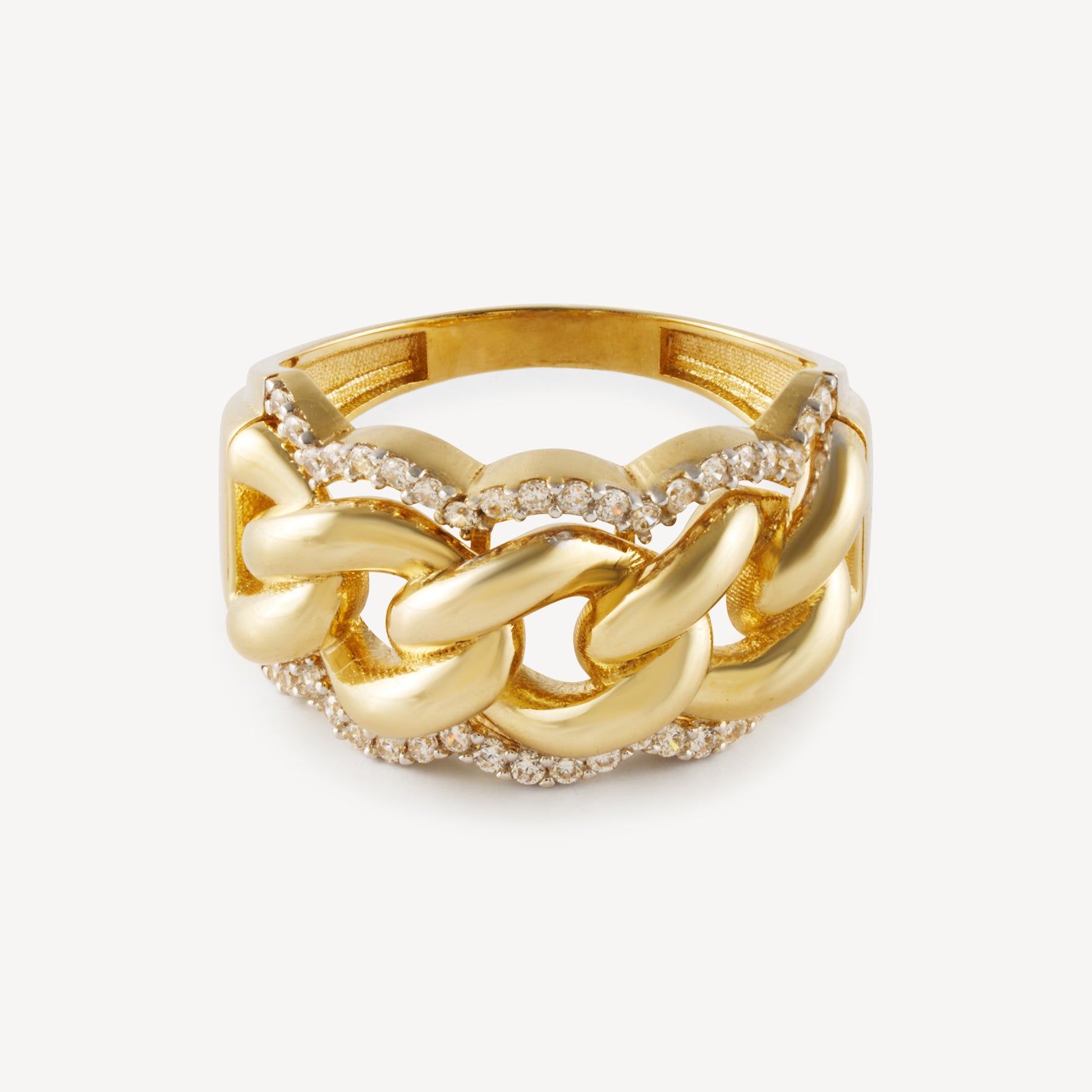
Introduction: The Timeless Appeal of Rings
Rings have been a symbol of power, commitment, and personal style for millennia. From ancient civilisations to contemporary times, the significance of rings transcends mere adornment; they are deeply embedded in cultural practices and personal milestones. In the modern world, rings serve various purposes, including engagement, marriage, religious beliefs, and fashion statements, making them a universal item in many societies.
Rings and Their Symbolism
Rings traditionally denote commitment and are often exchanged during significant life events such as weddings and engagements. According to the National Center for Family & Marriage Research, approximately 2.1 million marriages take place annually in the United States, highlighting the omnipresence of the engagement ring as a standard tradition. The circular shape of rings symbolises eternity, suggesting that love and commitment have no end.
Moreover, rings also carry religious significance. In various faiths, rings signify a covenant with a higher power or ideals; for example, wedding bands are often blessed during religious ceremonies. These rings serve as a constant reminder of vows and promises made.
The Fashion Statement
Beyond their sentimental value, rings have evolved into a significant fashion statement. The global jewellery market is projected to reach over £330 billion by 2025, indicating a rising trend in accessorising with rings of various styles, materials, and designs. From minimalist bands to extravagant cocktail rings, the choice of rings allows individuals to express their unique personalities and fashion sensibilities.
Moreover, social media platforms encourage users to showcase their ring collections, turning them into objects of desire and goals for many. This trend has propelled custom and handmade rings into the spotlight, promoting independent artisans and unique craftsmanship.
Future Trends and Conclusion
As we move forward, the significance of rings will likely continue to evolve. Innovations in sustainable materials may reshape industry standards, encouraging eco-conscious consumers to seek rings made from ethically sourced or recyclable materials. Additionally, technology is making its way into the jewellery space, with smart rings gaining popularity as multifunctional accessories.
In conclusion, rings are not just decorative items; they embody deep meanings and intersections of tradition, commitment, and fashion. Their evolving presence in modern society reflects both cultural values and individual expression, ensuring that rings will maintain their intrinsic relevance for generations to come.
You may also like

The Importance of Nations in Modern Society

Understanding National Events and Their Significance

The Significance of the West in Today’s World
SEARCH
LAST NEWS
- Remembering Wendy Richard: The Promise to Co-Star Natalie Cassidy
- How Did Anglian Water Achieve an ‘Essentials’ Rating for Mental Health Accessibility?
- Shai Hope Leads West Indies in T20 World Cup Clash Against South Africa
- What We Know About Weston McKennie: Future at Juventus and Past at Leeds
- What We Know About the Upcoming Live Nation Antitrust Trial